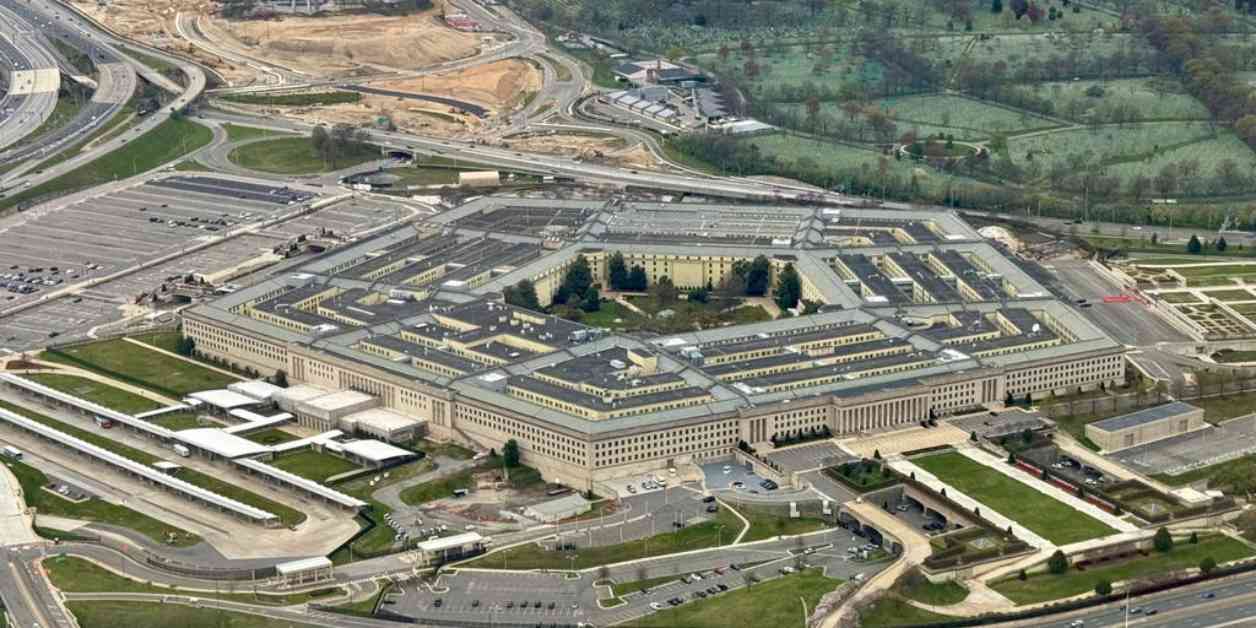The United States is currently investigating the unauthorized release of classified documents that reveal Israel’s planned attack on Iran. According to reports from The Associated Press, the leaked documents, which were attributed to the U.S. Geospatial Intelligence Agency and National Security Agency, indicate that Israel was in the process of mobilizing its military assets to carry out a strike in response to Iran’s recent ballistic missile attack on October 1. These documents, marked as top secret, were able to be shared among the “Five Eyes” alliance, which includes the U.S., Great Britain, Canada, New Zealand, and Australia.
The leaked documents were initially posted on the Telegram messaging app and were later reported by CNN and Axios. The Associated Press first brought attention to the U.S. investigation into this leak, with information provided by three anonymous U.S. officials. A fourth official, also speaking anonymously, suggested that the documents appeared to be genuine. House Speaker Mike Johnson from Louisiana has confirmed the ongoing investigation in a recent appearance on CNN, expressing concern over the allegations and the need for a thorough inquiry.
The investigation is not only focused on the content of the leaked documents but also on how they were obtained. Officials are exploring the possibility of an intentional leak by a member of the U.S. intelligence community or through other means such as hacking. Additionally, there is a concern regarding the potential compromise of other intelligence information, leading authorities to determine who had access to these documents prior to their disclosure.
The leaked documents, which surfaced on a Telegram channel claiming affiliation with the U.S. intelligence community and later the U.S. Defense Department, primarily utilized satellite image analysis to gather information. One of the documents bore resemblance to material previously leaked by Jack Teixeira, an Air National Guardsman who pleaded guilty to disclosing classified military documents related to Russia’s conflict with Ukraine and other national security matters.
The Telegram channel behind the leak is purportedly based in Tehran, Iran, and has previously shared content supporting Iran’s supreme leader, Ayatollah Ali Khamenei, and endorsing Tehran’s “Axis of Resistance,” involving armed groups in the Middle East backed by the Iranian government. The Pentagon acknowledged reports about the leaked documents but did not provide further details, while the Israeli military has yet to respond to requests for comment.
As developments continue to unfold, it is crucial for authorities to thoroughly investigate the source of the leak and assess any potential implications for national security. The unauthorized disclosure of classified information poses significant risks and underscores the importance of safeguarding sensitive intelligence data. The repercussions of such leaks can have far-reaching consequences, impacting diplomatic relations, military strategies, and regional stability.
In light of these recent events, it is essential for government agencies and intelligence communities to enhance their security measures and reinforce protocols to prevent future breaches of classified information. Maintaining the integrity and confidentiality of sensitive data is paramount in ensuring national security and protecting the interests of all parties involved. The ongoing investigation into the leaked documents on Israel’s planned strike on Iran serves as a reminder of the challenges posed by unauthorized disclosures and the need for vigilance in safeguarding classified intelligence.


















